The recent High Court decision in Sykes v Sumiki Ltd provides valuable guidance on the court’s approach to applications for security for costs, particularly where the appellant is resident outside the jurisdiction.
What is Security for Costs?
Security for costs is a mechanism under the Civil Procedure Rules (CPR 25.27–25.29) which allows a defendant (or, in appeals, a respondent) to apply for an order requiring the claimant or appellant to provide security by paying money into court to cover legal costs in the event they are unsuccessful. The purpose is to protect parties from the risk of pursuing costs orders against opponents who may have no assets within the jurisdiction.
Background to the Case
The case arose out of enforcement proceedings for a substantial loan guarantee. The appellant, who resided in Kenya, was appealing against a near £1 million judgment entered against him by the Central London County Court. Importantly, the appellant admitted that he had no assets within England and Wales.
The respondent therefore applied for security for its appeal costs, citing the risk and difficulty of enforcing any costs order in Kenya.
The High Court’s Decision
Mr Justice Mould held that:
- Residence abroad is not enough on its own to justify security for costs. Following the well-established principles in Nasser v United Bank of Kuwait [2002] and Bestfort Developments LLP v Ras Al Khaimah Investment Authority [2016], the applicant must demonstrate a real risk of enforcement obstacles or additional burdens.
- Evidence was produced that enforcement of English judgments in Kenya, while possible under reciprocal enforcement laws, involves procedural hurdles, potential delay, and additional costs. The judge accepted this as a sufficient basis to order security.
- However, the court carefully limited the security to reflect only the likely additional costs of enforcement – setting the figure at £15,000 (significantly less than the £140,000 sought by the respondent).
- The court declined to order security in respect of costs already incurred at first instance, emphasizing that such an order would require exceptional circumstances.
Why This Matters
This judgment highlights three important points for parties involved in cross-border disputes:
- Foreign residence matters – but is not decisive: An applicant must show a real risk of difficulty or additional burden in enforcement. General assertions will not suffice.
- Tailored approach: The courts will limit security orders to what is just and proportionate, often focusing on the additional enforcement burden rather than full projected costs.
- Strategic considerations: Respondents facing appeals by parties with no UK assets should consider applying for security for costs early, supported by concrete evidence of enforcement risks in the relevant jurisdiction.
Have questions? Get in touch today!
Call our office on 020 7928 0276, we will be taking calls from 9:30am to 6:00pm.
Email us on info@lisaslaw.co.uk.
Or, use the contact form on our website. Simply enter your details and leave a message, we will get right back to you: https://lisaslaw.co.uk/contact/
For more updates, follow us on our social media platforms! You can find them all on our Linktree right here.






